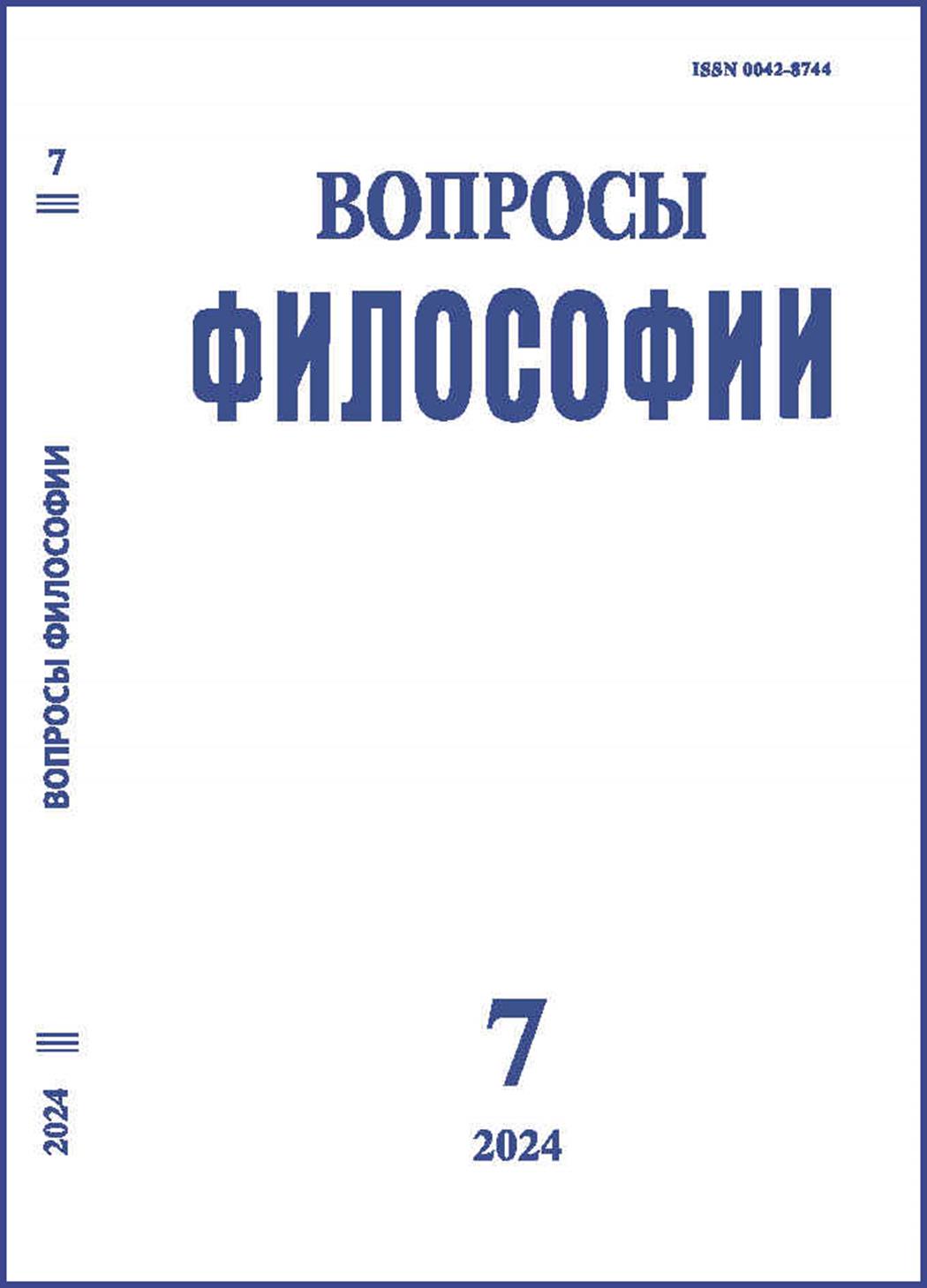Crisis of Theory and Practice of Human Rights Activities
DOI:
https://doi.org/10.21146/0042-8744-2024-7-17-28Keywords:
cultural-specific, enforcement authority, democracy, natural right, liberalism, morality, human rights, defense of human rights, religization, quasi-religious.Abstract
This article explores problem of the liberal rights and freedoms conceptualization and crisis of the human rights institutions legitimacy, the prospects for theory and practice of the modern defense of human rights. The author believes
the human rights institutions to be currently in crisis mode because of their inability to overcome their dependence on the liberal doctrine of rights and freedoms being innate. This doctrine was imposed on the society as the only valid
ideology that does not need any scientific verification or ethical mediation and
basically is a quasi-religious phenomenon. Today the defense of human rights is
the enforcement authority and a political subsystem, as it legitimates and delegitimates political subjects. The human rights institutions can retain their role in society by overcoming their dependence on liberal and other ideologies, abandoning the obsolete enlightenment concept of innate rights and acknowledging
the priority of morality in the society

